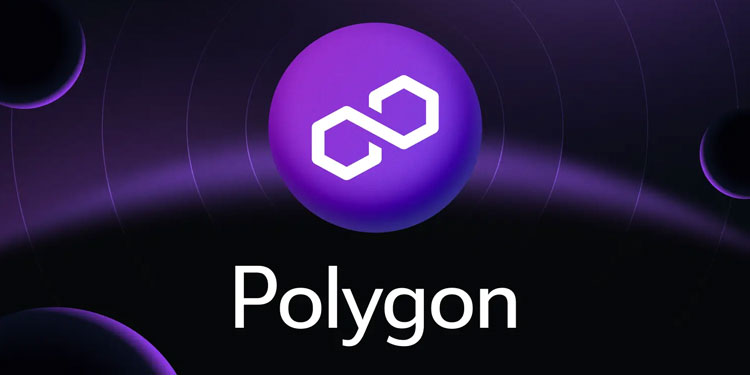
The update has begun on Polygon’s layer-two scalable infrastructure in order to increase “fee visibility.” It became online at block 23850000 approximately two hours ago. After its effective implementation on the Mumbai testnet, the Polygon group confirmed the update date on January 17.
Polygon adopts an identical fee-burning mechanism with the EIP-1559 update, leading to the collapse of MATIC tokens. Additionally, it eliminates the first-price auction technique of determining network costs, which results in more accurate cost estimates but does not result in lower gas costs.
“The burning takes place in two stages, first on the Polygon network and concluding on the Ethereum network.”
As with Ethereum, the creators said that the availability of MATIC is anticipated to turn deflationary, with 0.27% of the entire quantity burned each year. MATIC tokens are limited to a fixed quantity of 10 billion, with 6.8 billion presently in circulation.
“Deflationary scenario would favor both validators and also delegators, since their incentives for processing trades are priced in MATIC,” the statement said, adding that the update will help cut abuse and network bottlenecks.
Although a layer-two network, Polygon faces gas issue. Polygon gas prices increased significantly a few weeks before, as per Dune Analytics, causing some validators unable to input blocks. The rise in demand was prompted by Sunflower Land, a DeFi yield farming activity that rewarded front-runners in adoption before the interest faded.
Since it went live on Ethereum about six months back, the update has paved way for the burning of 1.54 million ETH, as per burn tracker. This equates to almost $5 billion at prevailing ETH pricing. Additionally, the tracker forecasts that after “the merge” occurs and proof-of-stake transforms into dominant consensus mechanism for the ecosystem, issue of Ethereum will turn out to be deflationary by -2.5% every year.
While writing this article, MATIC prices have fallen 9% to $2.22, as per CoinGecko.